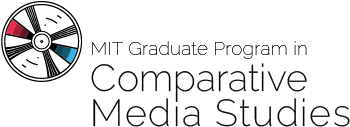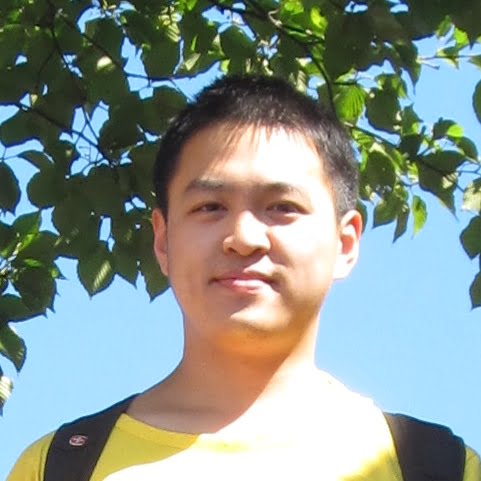This thesis surveys creativity in Chinese technology communities and its implication in China’s development mode shift from “Made in China” to “Created in China.” It discussed the history of creativity in China and how various types of creativity apply to Chinese technology communities. This thesis investigated Heike, or Chinese hackers, through archival research of Chinese hacker magazines; it explored topics discussed in Jike media, or Chinese geek media, using text mining (a type of data mining) methods including co-occurrence analysis, TF-IDF analysis and topic models (based on LDA); this thesis also includes a field study of Chuangke, seeing how Chinese Chuangke teachers build makerspaces in their schools, engage with the Chuangke education ecosystem, nurture future makers in their makerspaces, and interpret the Maker Movement in Chinese context. This thesis views Chinese hacker culture, geek culture, and maker culture under the lenses of “Ke” cultures, and it examines these cultures’ relationships with technology learning, self-expression, innovation, and entrepreneurship in China.
About Yu Wang
Wang Yu spent his years empowering Chinese grass root NGOs with technology. As a member of NGO 2.0 China project, he participated in building the Philanthropy Map, which is designed to help Chinese NGOs and corporations find each other's needs. He also attended Web 2.0 workshops for Chinese NGOs as an instructor, to train them how to utilize social media to achieve their goal.
As a graduate student at University of Science and Technology of China, Wang is interested in software developing and engineering, science communication, online education, data analysis, mining and visualization. He believes that the well-being of society resides in collaborative solving social issues and sharing delight about knowledge, life, and the world.
Thesis: Heike, Jike, Chuangke: Creativity in the Chinese Technology Community



